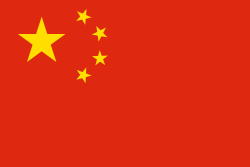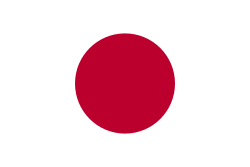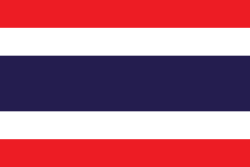
Trademark
A trademark is a mark symbolizing or associated with a product. It distinguishes the product from others in the market. Examples: Breeze, Mama, Red Bull

Certification Mark
A certification mark is a mark used to certify the quality of a product or service. The owner of the mark does not manufacture or offer the service but grants its use to certify compliance with certain standards. Examples: "Shell Chuan Chim," "Halal" certifications.

Collective Mark
A collective mark is a trademark or service mark used by affiliated companies, members of an association, or governmental/private organizations. Example: Elephant Mark of Siam Cement Public Company Limited (SCG).

Service Mark
A service mark is a mark symbolizing or associated with a service. It differentiates one service from another. Examples: Service marks used by airlines, banks, and hotels.
Understanding Trademarks in Thailand
Four main types of trademarks
Trademark Registration Process in Thailand
5 simple steps
Conduct a Trademark Search
Before filing your application, conducting a thorough trademark search is essential. The Trademark Comprehensive Study will help determine whether your trademark is available for use and registration. Many applications are rejected due to conflicts with preexisting trademarks, similarities with well-known foreign marks, or the use of generic or descriptive terms.The Study will warn you about these issues, allowing you to modify your trademark or adjust your application to avoid rejection. Additionally, it helps ensure that your proposed trademark does not infringe on another party's rights, reducing the risk of legal disputes.
Prepare and Submit the Application
To apply for a trademark in Thailand, you’ll need to submit an application to the DIP. The application must include:- Trademark Information: Details about the trademark, including the goods/services it will be associated with and the name and address of the owner.
- Power of Attorney: The Trademark Office requires a signed Power of Attorney document from the trademark owner. The document must be notarized but does not require legalization before a consulate or apostille.
- Filing Fee: Payment of the official filing fee as per the number of classes under which the trademark is registered.
Applications can be submitted in person at the DIP office or online via the e-filing system.
Examination by the DIP
Once submitted, the DIP will review the application to ensure it complies with Thai trademark laws. This includes checking for similarities with existing trademarks and verifying that the trademark does not contain prohibited elements (such as national symbols or misleading words). If any issues arise, applicants will be given time to respond and amend their applications.Publication in the Trademark Gazette
If the application passes the examination stage, the trademark will be published in the official Trademark Gazette. This allows the public to review the application and raise objections if they believe the trademark infringes on their rights. The opposition period lasts 60 days.Final Registration and Certificate Issuance
If no objections are raised, or if objections are resolved in favor of the applicant, the trademark will be officially registered. The DIP will issue a trademark certificate, granting exclusive rights for a period of 10 years, with the option for renewal.Frequently asked questions
If you have any questions regarding trademark registration in Thailand or need guidance on required documents, our experts are here to help!
The entire process typically takes between 12 to 18 months, depending on various factors, including the completeness of the application and any oppositions that may arise.
The official fees are as follows:
• Filing Fee: 1,000 Thai Baht per class.
• Registration Fee: 6,000 Thai Baht per class upon approval.
Additional professional fees may apply if you engage legal or consulting services to assist with the registration process. 
A trademark registered in Thailand provides protection only within the country. However, Thailand is a member of the Madrid Protocol, which allows trademark owners to seek protection in multiple countries through a single international application. This means you can extend your Thai trademark registration to other member countries by filing through the Madrid System.
Yes, foreign businesses can register trademarks in Thailand. Non-resident applicants are required to appoint a local agent or representative to handle the registration process on their behalf.




 We're using cookies.
We're using cookies.